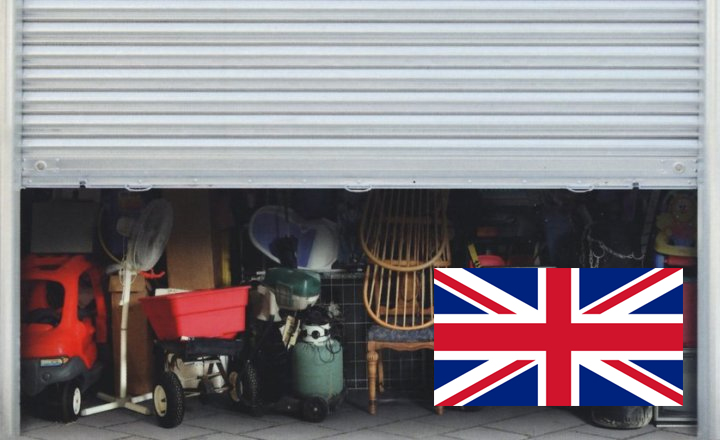Written by Barbara Andreotti
Translated from Italian to English by Elena Abou Mrad
Entering a bookshop, it’s not difficult to find books about ecology and the environment. Some of them “yell” the topic with their title, promising the reader wonderful landscapes and stories capable of reconciling us with the world we live in, or illustrating catastrophic scenarios caused by our excessive exploitation of soil and nature. Every reader, regardless of the type of book he/she prefers, is satisfied: poetry collections, essays, biographies, autobiographies, novels; all the genres can talk to us about nature, the environment and the world we experience.
Want not by Jonathan Miles can surely enter this category of books: the Italian title (Scarti, “waste”) is quite explicit, while the original is more subtle, referring to the saying “Waste not, want not”. It is clear that the book is about waste, but from the very first chapters it is equally clear that the topic will be addressed in an absolutely original way. The novel has different protagonists, leading lives which are absolutely different and apart from one another, yet they have one aspect in common: material or spiritual waste.
The main stories are three, presented in rotation one chapter after the other. Internally, each one of the stories is fragmented into the story of the single characters: the first is the one of Talmadge and Micah, a young couple who lives eating only the fruit and vegetables they find in the garbage bags left on the sidewalks of New York City. Their routine will be subverted by the arrival of an old friend of Talmadge’s, which will cause distress in their relationship and – most of all – in their life choices.
The second narrative line is Elwin’s, an unhappily divorced, overweight linguist. After accidentally running over a female deer with his car, he ends up forcedly adopting his neighbors’ son, coping with his father’s illness and looking for a way to inform the future generations about a toxic waste depot – all of this, while he tries to eat the meat obtained from the beast he killed, a bit at a time. The third story is about Sara, a rich and unhappy widow, who can’t forgive her dead husband and doesn’t love her new boyfriend Dave; without noticing, she also loses her relationship with her teenage daughter.
All of the characters are “relegated” in their stories, never crossing the others’, barely touching them. They don’t know each others, they don’t know who they are, yet they all end up with the problem of waste, to be disposed of or recovered. Everything can be recovered, whether an old sweater thrown away with carelessness, or the relationship between father and son. Extending the meaning of waste reduction, Miles tries to prove the possibility and the convenience of recycling objects in our lives, but also the necessity of fixing our lives without throwing them away: a great way to avoid polluting our mind with pain and misery. Therefore, before throwing ourselves in the garbage, maybe it’s better to try to fix ourselves.

